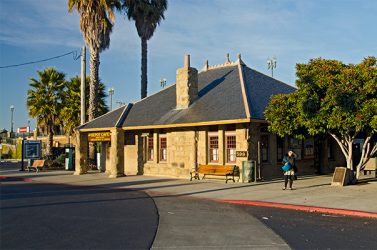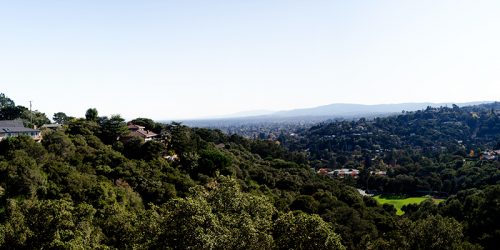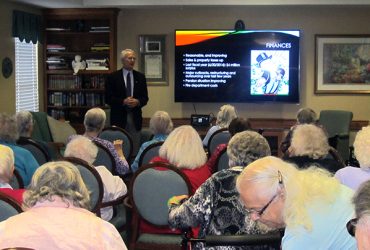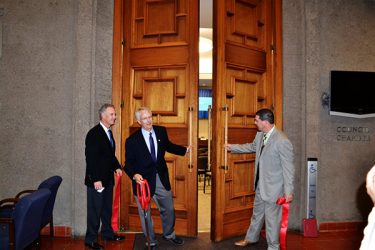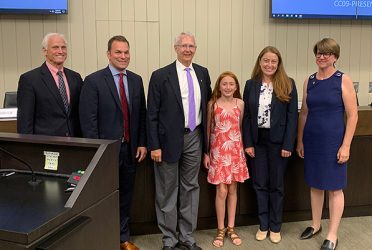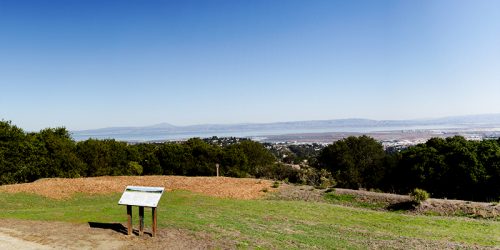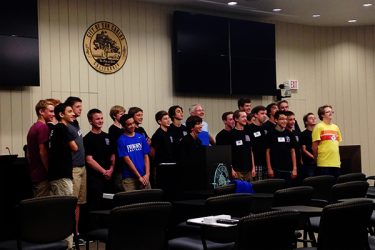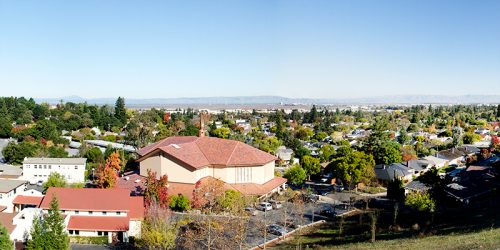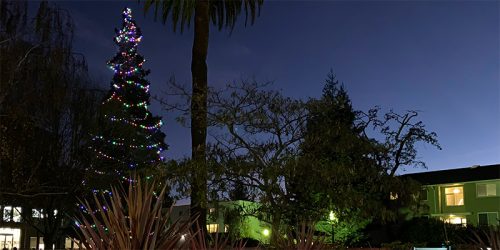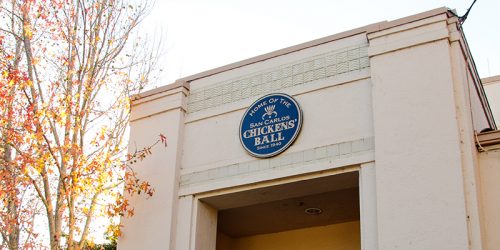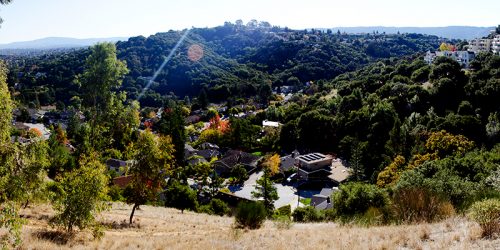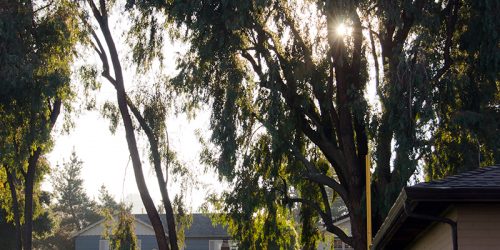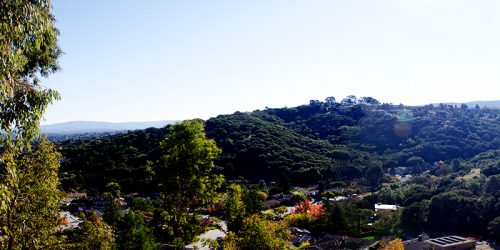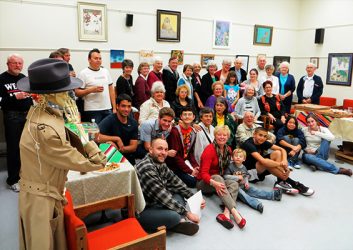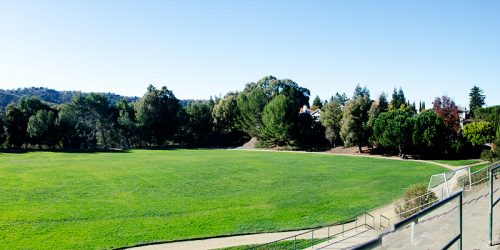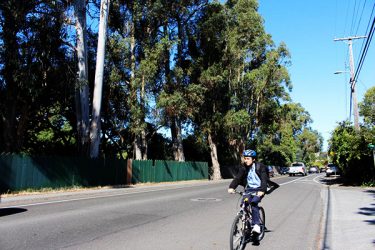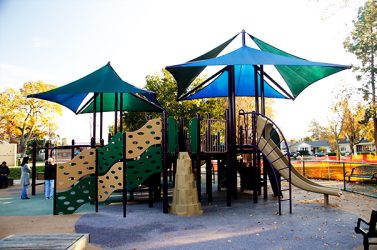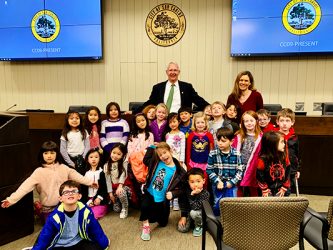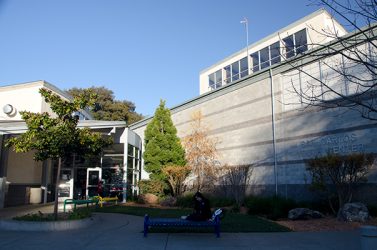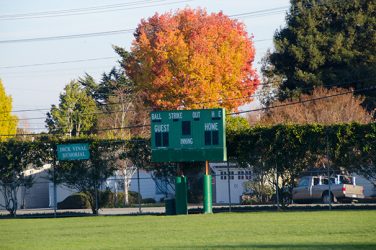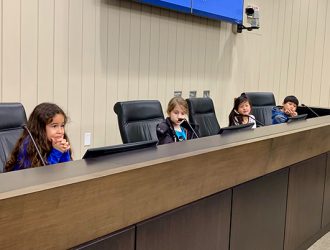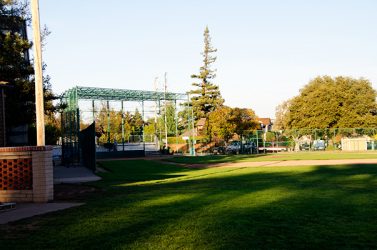At our January 27, 2014 meeting a resident asserted his rights were violated because I refused to agendize something. The item in question purported to be an appeal of a Parks, Recreation & Culture Commission decision.
I say “purported” because what we have here is a misunderstanding of the right of appeal. Since others might be confused about this I want to take a minute to explain how the appeal process works, and why I handled the matter the way I did.
For an item to be appealable, three conditions must be met:
- The item must involve a decision to take or not take an action for a permit or other similar discretionary action. There is no right to appeal a discussion, even one about whether or not to consider a possible action.
- The action must involve applying judgment or discretion. Actions that simply involve applying the law are not appealable.
- Appeals must be filed with the City Clerk within ten days of the action.
In the case at hand none of these conditions were met.
The Parks, Recreation & Culture Commission took no action. It simply discussed whether or not to take the item up at a future meeting, and declined to do so. In fact, the meeting minutes record staff specifically advising the Commission that they were not taking action, and that no vote would be taken. This was agenda-setting, which is not appealable.
Since no action was under review the question of whether it involved discretion is moot.
Finally, the Commission discussion took place on August 8th, 2012. Even had an appealable decision been made the window for filing an appeal has long since closed.
Given these facts, there is no basis for an appeal. Instead, the resident’s request amounted to asking me to propose the topic as a discretionary agenda item.
Residents may think such requests automatically get agendized. That’s not the case. It takes at least two Council members to agendize discretionary topics. Furthermore, Council members have the right, and I would argue the obligation, to exercise judgment about what topics they propose to the full Council.
In this case the resident wanted the Council to approve cutting down one or more trees in a City park. Based on my research, these trees posed no particular health or safety risk. They merely restricted the resident’s view. While I can appreciate the resident’s interest, we have a general policy of encouraging trees in San Carlos, particularly in our parks (the park in question is intended as a place for hiking and enjoying nature rather than field-based activities).
Moreover, the trees in question may not even be in the park, and it would cost thousands of dollars to nail down the park boundaries via a land survey. Not to mention possibly embroiling the City in a lawsuit with one of the resident’s neighbors.
For these reasons and others I concluded the request to cut down the trees was contrary to the public interest, and not something I could support. When I told the resident I wasn’t going to propose his request, I also reminded him he could approach another Council member, or the full Council instead. The fact he chose to do so in an accusatory fashion is regrettable, and perhaps surprising given he’s a former Council member. Then again, it’s a free country, and freedom of speech does not guarantee accurate speech.
If there are facts I am unaware of which call for a different outcome or procedure I am open to hearing them. But no rights were violated. Instead, I complied with and upheld the law.
